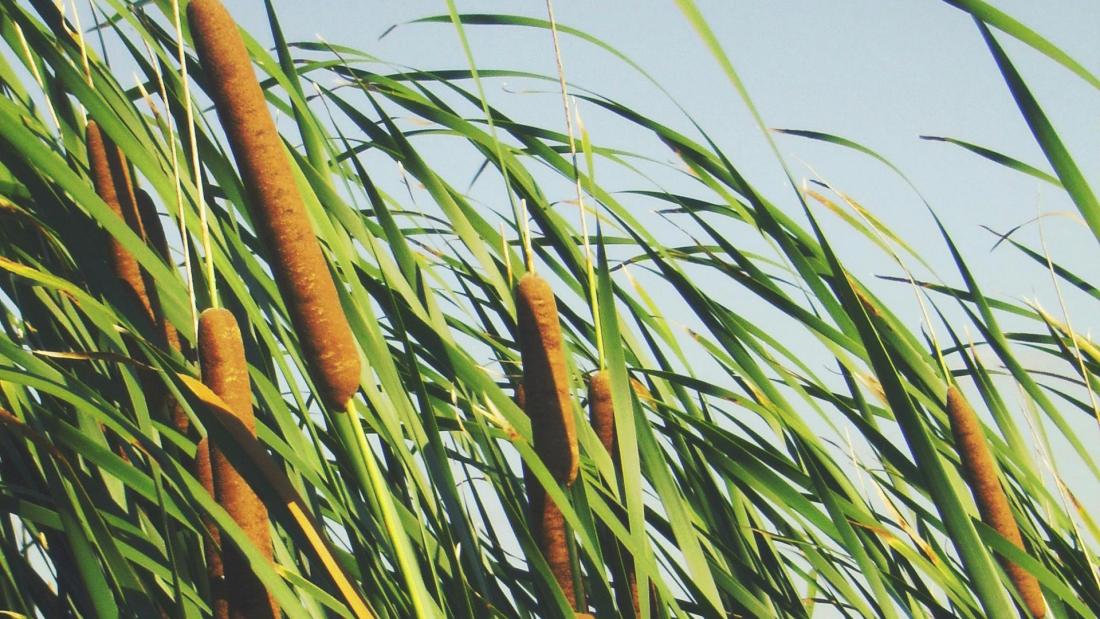The international study, co-authored by Bangor University Emeritus Professor Chris Freeman, has been published in Nature.
In the paper, Two decades of improved wetland carbon sequestration in northern mid-high latitudes are offset by tropical and southern declines, Professor Chris Freeman writes jointly with authors from the Chinese Academy of Sciences, and Université Paris-Saclay, Gif-sur-Yvette, France.
The study addresses a gap in the understanding of how wetlands contribute to or hinder climate mitigation, especially under changing water conditions. It does so using machine learning, extensive field data and multiple datasets to better estimate how wetlands globally store carbon and how vulnerable they are to environmental change.
Professor Freeman’s research at Bangor University focuses on carbon cycling. His work is best known for its description of a mechanism known as the peatland enzymic latch and observation of a rising trend in aquatic dissolved organic carbon concentrations.

For those of us researching northern peatlands, it has been reassuring to see that those peatlands have been capturing more and more CO2 each year and that as such, they have been steadfastly helping us to avoid a the worst effects of global warming. So it was extremely disturbing to realise that all that good work was being undermined by an unexpected deterioration in the amount of CO2 captured by the peatlands of the tropics and the global south.”
Clearly we’ve taken for granted for far too long that northern peatlands can save us from catastrophic global warming. If 20 years of their climate protection benefits of can be wiped out by deteriorations elsewhere in the world, then we really do seem to be getting a “wake up call” that we need to be doing more towards meeting our obligations under the Net Zero Agenda.





